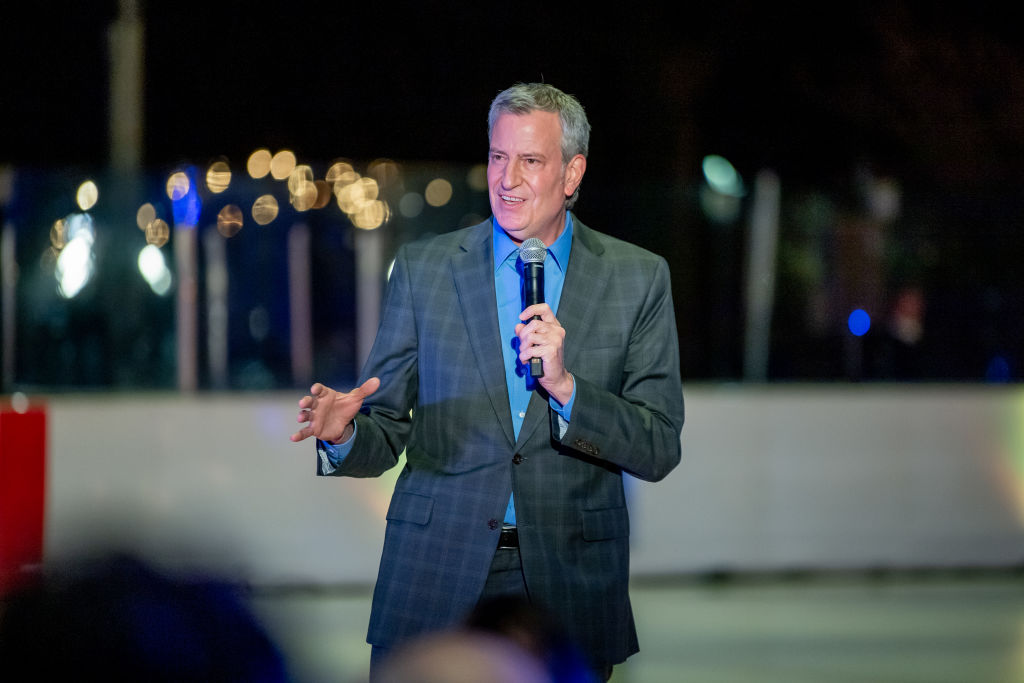At first glance, Kanye “Ye” West and the Arcade Fire’s lead singer Win Butler might seem to have little in common. Ye has built his increasingly deranged career on provocation and confrontation, and that has now reached its nadir in his latest single, “Heil Hitler,” in which he declares that “All my niggas Nazis, nigga Heil Hitler.” After listing the various perceived wrongs that have been done to him, Ye states, all too accurately, “So I became a Nazi, yeah bitch, I’m the villain.” Inevitably, it ends with the song sampling a Hitler speech, in which the Führer cried that, “Whether you think my work is right… if yes, then stand up for me as I stood up for you.” The song has attracted outrage, upset and genuine confusion as to Ye’s mental state. The cynical would note that he has an album, Cuck, that he will be releasing later this year. Judging by the track list – it includes such songs as “Gas Chambers,” “Cosby” and “Diddy Free” – it will be a grimly mechanical exercise in offense.
Butler, by way of contrast, has attempted throughout his decades-spanning career with the band that he founded to be the exemplar of the modern, progressive rock star. From an early point, he and Arcade Fire appeared to be the missing link between Bowie and Springsteen, an anthemic music act with artistic aspirations (the unkind might say pretensions). The band’s stellar reputation – I should say that I am, or at least was, an enormous fan of their work – took a significant knock in 2022, when a lengthy Pitchfork investigation suggested that Butler, who liked to be seen as a quasi-messianic figure by his admirers, had taken this a step too far and had been accused of sexual exploitation and abuse. He denied all allegations of non-consensual behavior, but admitted that he suffered from depression and substance abuse that had led to extramarital relationships, saying, “None of this is intended to excuse my behavior, but I do want to give some context and share what was happening in my life around this time.”
Like Ye, Butler and the Arcade Fire have now returned with a new album, Pink Elephant. Depressingly, it isn’t very good. Largely abandoning the sturm und drang bombast that has so entertainingly defined the band since their brilliant early albums Funeral and Neon Bible – and which they honed to arena-filling success on The Suburbs and Reflektor – it is a downbeat, largely tuneless selection of songs, vitality sucked out of them by Daniel Lanois’s echo-y production. It seems mainly to exist to act as a tacit apology for Butler’s behavior (typical lyrics include “It’s the new age, don’t do what you should” and, “The way it all changed makes me wanna cry”) without the tunes that they once boasted in abundance. The departure of his younger brother Will from the band – bound for Tony Award-winning glory with his music for the show Stereophonic – has clearly not helped matters.
Yet Arcade Fire still remains a potent commercial force. During a sense of triumphant album preview shows, they continue to play to ecstatic sell-out crowds, who either don’t know about the allegations against Butler or, more likely, don’t care. And while Ye has long since ceased to be a mainstream figure in any meaningful sense – the “Heil Hitler” song is not being streamed on services like Spotify or Apple Music – he was quick to remind Piers Morgan during a recent, abortive interview that he still has 33.3 million followers on X. Undoubtedly many of those follow him because, rather than despite, his recent output and its attendant controversy.
Mainstream music in the United States is in an interesting state. All the celebrity endorsements in the world could not shift the dial for Kamala Harris last year, proving – as if there was much doubt – that the billionaire likes of Beyoncé and Taylor Swift may be beloved for their music by their millions of fans, but their political stances are of less interest, save to those who share their views. I have no way of knowing whether Butler’s brush with cancellation has tempered his once-fervent progressiveness (inevitably, he was friends with Obama), but he will undoubtedly have realized, as Ye did a long time ago, that celebrity is a lonely place when the once-adoring turn against you.
If it results in mediocre and downbeat LPs like Pink Elephant, or empty pieces of provocation like “Heil Hitler,” then so be it. But the idea that someone who has fallen foul of the self-styled moral majority yet can return with genuinely incendiary work – see Mel Gibson and his Oscar-nominated Hacksaw Ridge and Apocalypto – remains fascinating. At a time when the idea of cancellation is as fluid as it has ever been, and comebacks can be conducted on the grandest of scales, it would be a mistake to count out either Butler or Ye just yet.


























Leave a Reply